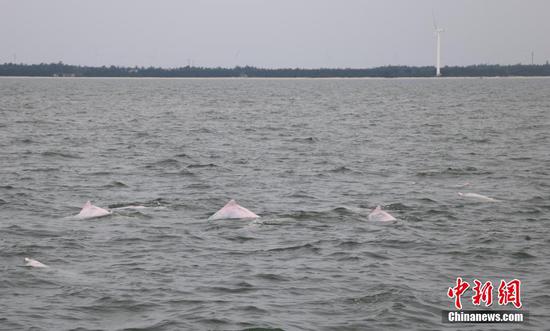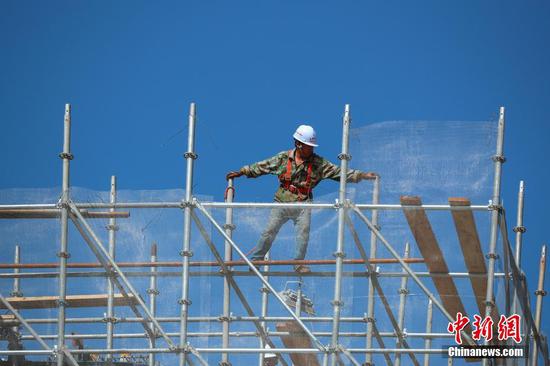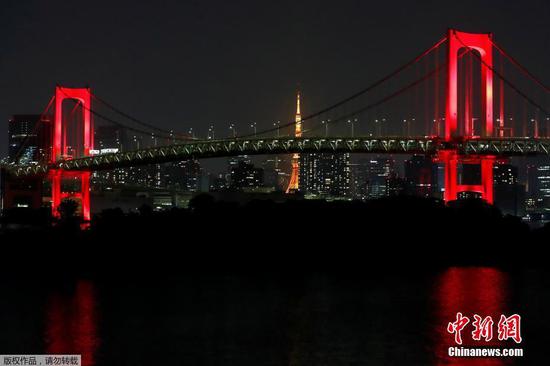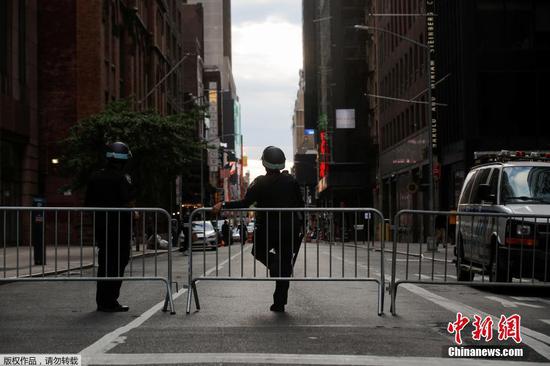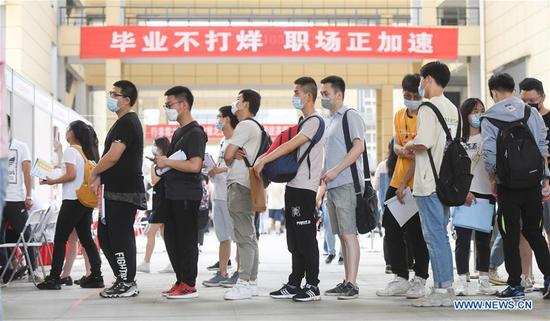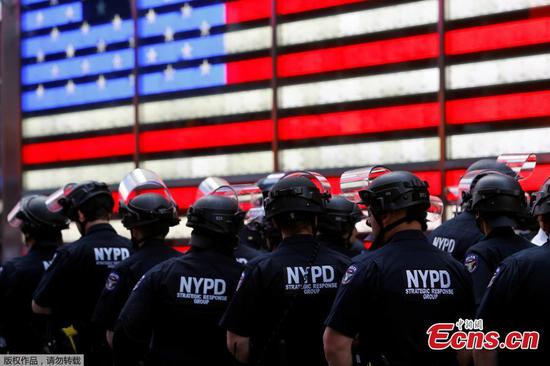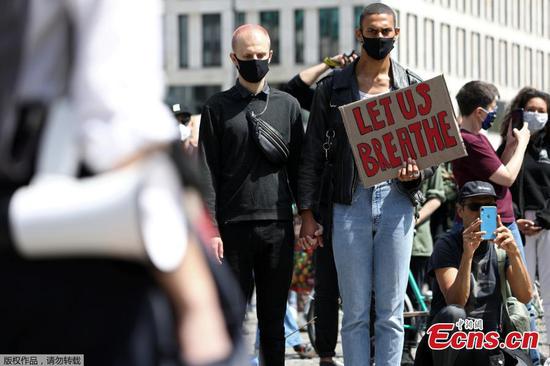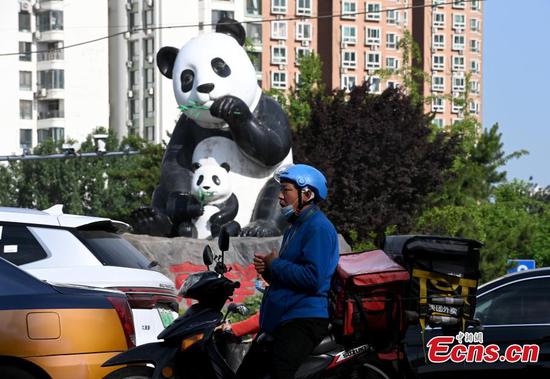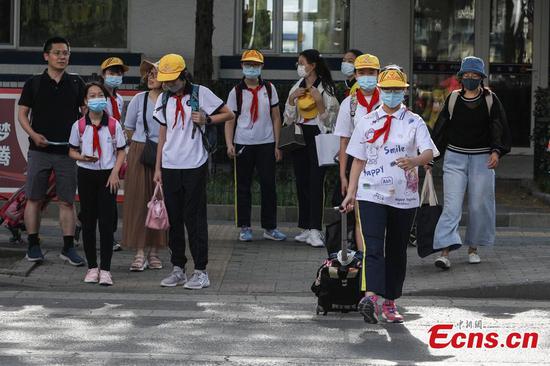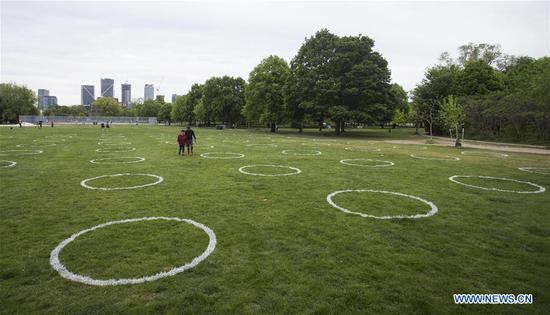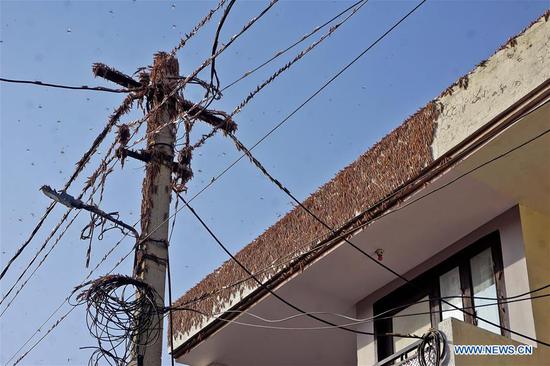The national security legislation for the Hong Kong Special Administrative Region (HKSAR) will not affect Hong Kong's judicial independence and its residents' legitimate rights, HKSAR government's Secretary for Justice Teresa Cheng has said, urging the general public "not to be misled by people with ulterior motives."
In a recent interview with Xinhua, Cheng refuted unwarranted claims by some foreign politicians that the national security legislation will undermine Hong Kong's common law system and judicial independence.
"Countries that practice common law, such as the United States and Britain, have already enacted laws for safeguarding national security. There is no inevitable conflict between the common law system and national security laws," she said.
Since Hong Kong's return to the motherland, its judiciary has been exercising independent judicial power, including that of final adjudication, Cheng noted.
The spokesperson of the Hong Kong and Macao Affairs Office of the State Council has reiterated that the national security legislation will never affect Hong Kong's independent judicial power, including that of final adjudication.
"I believe Hong Kong's judicial independence will not be affected."
Stressing that the national security legislation only targets at the small minority committing serious crimes, the justice secretary also rebutted allegations by the opposition that Hong Kong residents' rights and freedoms will be compromised due to the legislation.
The decision adopted on May 28 by the National people's Congress (NPC) has clearly stated that the national security legislation for the HKSAR aims at safeguarding Hong Kong's long-term prosperity and stability and guaranteeing the legitimate rights and interests of Hong Kong residents, Cheng noted.
"The rights and freedoms enjoyed by Hong Kong residents and guaranteed by the Basic Law will not be undermined," she said.
The opposition's allegations are exaggerated to scare people, she said. "The vast majority of Hong Kong residents who are law-abiding have no reason to worry."
On the recent U.S. attacks on the legislation and threat of imposing sanctions, Cheng pointed out that enacting laws to safeguard national security is a matter within the scope of national sovereignty, and what the United States did is serious interference in Hong Kong affairs, which are purely China's internal affairs.
"According to international law, all countries are equal, and no country can interfere in the internal affairs of other countries. What the United States did seriously violates the international law and the norms governing international relations."
Given that there are 85,000 U.S. citizens living in Hong Kong and more than 1,300 U.S. firms operating here, and the United States has a trade surplus of about 300 billion U.S. dollars over Hong Kong during the past decade, the so-called sanctions may cause greater harm to the United States itself, Cheng pointed out.
Hong Kong's economy and the rule of law have been badly damaged by the prolonged social unrest. "Under such circumstances, the national security legislation for Hong Kong will surely play a key role in safeguarding Hong Kong's long-term peace and stability," Cheng said.
The establishment and improvement of legal system and enforcement mechanisms for the HKSAR to safeguard national security at the state level will ensure a more stable social environment, which will strengthen investment and business confidence and promote Hong Kong's economic recovery, she said.
"After peace is restored in the community, Hong Kong residents will enjoy a better life without being disturbed in their normal work and daily life," she said. "All law-abiding residents will benefit from the law."











